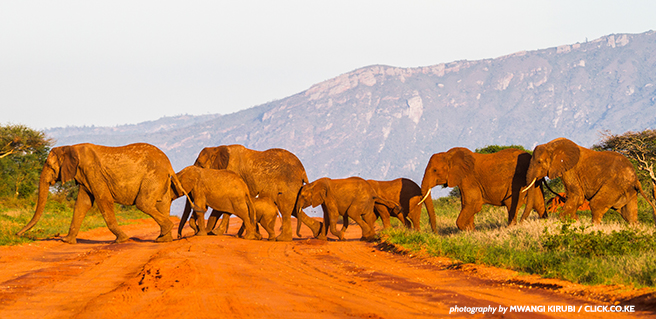Victory for Africa's Jumbos

Earlier this month the Great Elephant Census released its final, troubling results. The population survey revealed a 30 percent decline in Africa’s savanna elephant population between 2007 and 2014.
Now, just more than 350,000 elephants are all that remain in the 18 countries surveyed. Poaching was identified as the leading cause of this dramatic loss. Elephants are now dying at a faster rate than they can reproduce.
It nevertheless took three days of debate at the 2016 IUCN World Conservation Congress to pass Motion 007, which urged all countries to close their domestic ivory markets.
Opponents called for tighter regulations instead of a complete closure, and claimed that an ivory ban would affect the trade of walrus and narwhal, which are hunted by indigenous people in the Canada. Meanwhile, South Africa and Namibia contended their elephant populations have increased because of their successful conservation efforts, which are funded in part by domestic sales of ivory. Both countries said it would be a breach of their sovereignty for others to determine how they manage their wildlife.
After two days of intense negotiations, it was hoped that consensus would finally be reached. But on the third day, Japan and Namibia introduced 20 proposals meant to water down the language in Motion 007 and allow individual countries to regulate their own ivory trade.
Ethiopia, Uganda, Kenya, Benin, Congo, Senegal and Gabon spoke strongly in support of a complete ban, however, and delegates overwhelmingly cheered when those 20 proposals were rejected. Motion 007 was finally passed on Saturday, 10 September.
Setting the stage for CITES
Although the motion does not have the legal mandate to force governments to adopt its policies, IUCN members—which include states, government agencies and NGOs—consider this to be a significant step in the right direction. It is hoped that nations will now commit to a ban at the 17th Conference of the Parties to the Convention on International Trade in Endangered Species of Wild Fauna and Flora (CITES CoP17), to be held in Johannesburg later this month.
CITES banned the international trade of elephant ivory in 1989, but allowed two major auctions of ivory in the late 1990s and 2008. These sales led to a spike in poaching in Africa and resulted in CITES declaring a 10-year moratorium, which will expire in 2017.
“Ending the legal trade of ivory remains an essential step toward reducing poaching in Africa,” says Dr. Patrick Bergin, African Wildlife Foundation CEO. “We call on all countries—particularly those that are source, transit or destination countries for illegal wildlife products—to end the illegal killing of savanna and forest elephants to put a stop to this horrific trade.”